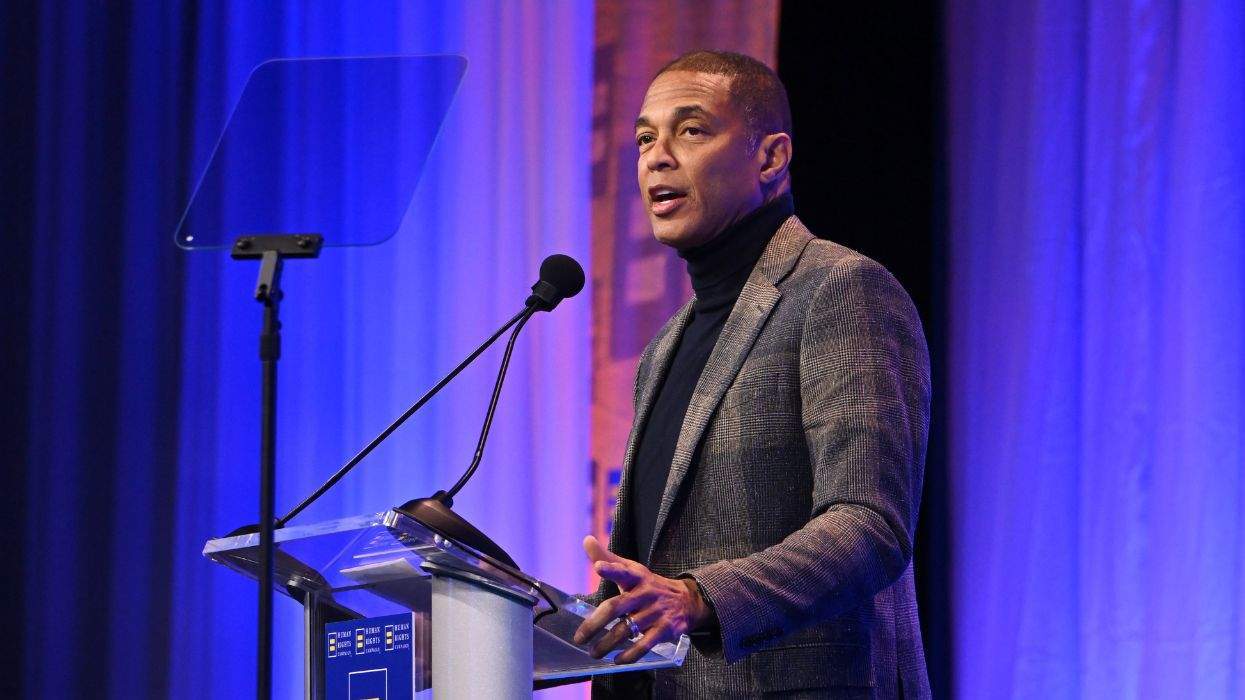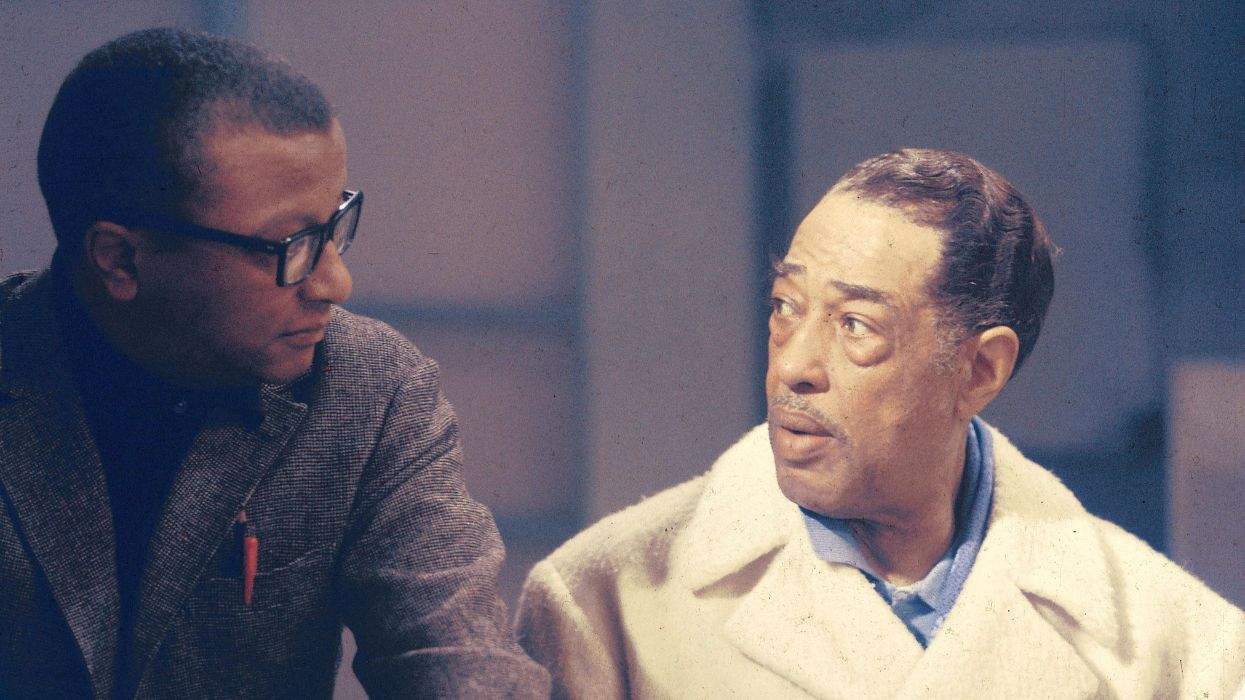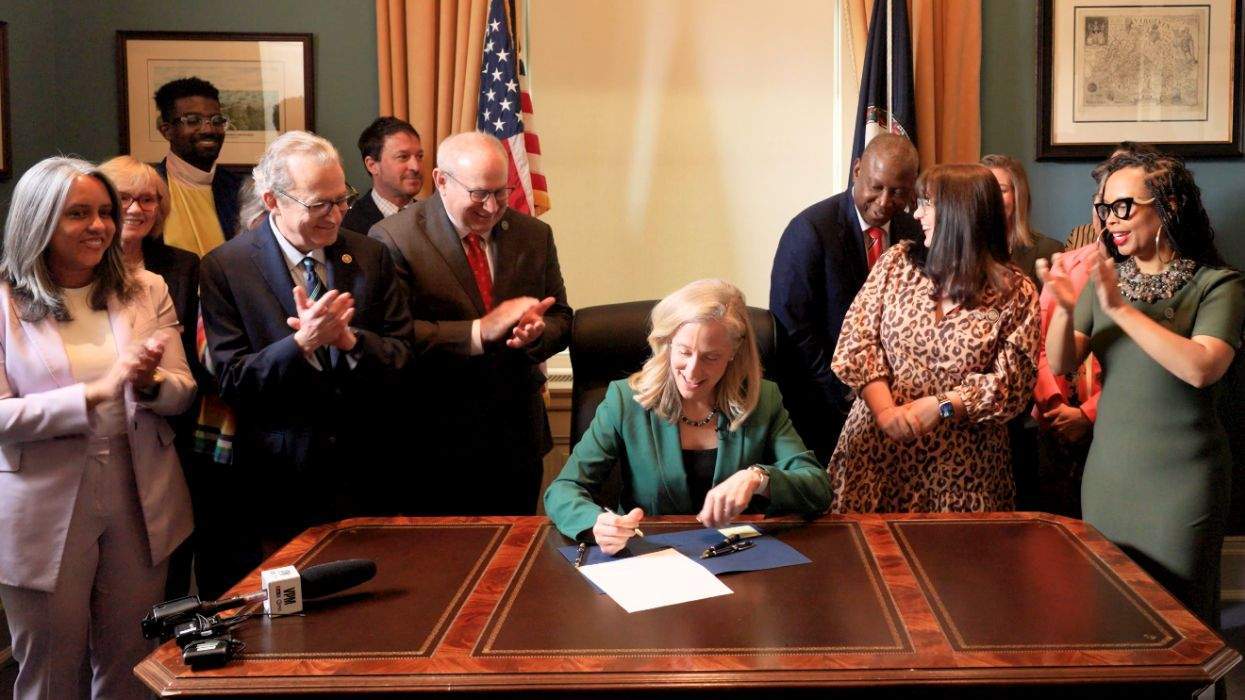"Has anybody here seen my old friend John [and Ruth]...
But I just looked around and [they're] gone.
Didn't you love the things they stood for?
Didn't they try to find some good for you and me?
And we'll be free,
Someday soon it's gonna be one day."
I was reminded of this song when Congressman John Lewis died, then over the weekend when Justice Ruth Bader Ginsburg died. "Abraham, Martin and John" is a haunting song, released in 1968, another tumultuous year in American life, and it is a tribute to the memory of four assassinated Americans, all icons of social change.
Perhaps, it should be updated and re-written for John and Ruth, two icons for equality and freedom, who, while not young or killed, left us during a year, and at a time, when we are desperately clinging to any personification of inspiration, courage, and dignity. In a country rapidly depleting of morals, we lose moralists. The president disparages a civil rights legend because he didn't attend an inauguration, and a Senate majority leader shoves aside a monumental justice by pushing for her replacement, less than two hours after she died. My God, what utterly contemptible ways to honor the loss and legacy of American heroes. Two inspirational institutions.
By the time this column posts, we will have lost 200,000 Americans -- friends, relatives, neighbors, co-workers, and acquaintances. Each one of those was a hero and an icon in their own right, and if they were Black or a woman, chances are they idolized John and Ruth.
After each of them passed, my social feeds were lit up with "get in good trouble" and "RBG RIP." People were mourning their losses as if they were their friends, but immortal in so many ways.
You didn't have to know them, or be like them, to venerate them. One day while I was on the Hill, I came out of the congressional office I worked in, which sat at the end of a long corridor in the House Rayburn Building. It was a perfectly timed exit as Lewis was walking in the same direction. We both said hello, and the man asked me my name.
Congressman John Lewis was the very first member of Congress I ever met, besides my own. He was also, in my six years working on Capitol Hill, the only one -- and I mean this -- who actually took the time to talk to me. I will never forget our conversation, and perhaps it's a good thing since I can write about it now and be proud of it, so many years later.
I walked that long hallway with him, and we took an elevator ride together. We were both going to the cafeteria. I had no idea about his background. I just thought he was such a really good guy. He seemed genuine. And, because he wore the official lapel pin, I knew he was a congressman. When I asked him his name, he said, "John Lewis." For some reason, I knew this man was special.
When I returned with my lunch, I poked my head into my congressman's office and told him that I met the nicest member, and his name was John Lewis. My boss walked by, grabbed me by the arm and said, "John Lewis is an American hero. Go read up on him." I did and am forever grateful that I had that short time with him.
That small moment was reflective of not only the aura that Lewis exuded, but it was the simplicity and quiet humbleness of the man. Every time he spoke on the House floor, or anywhere, we hung on each word. He was so small, but so powerful.
The same has been said about Justice Ginsburg. Sadly, I never met her, but you could not help but feel that you knew her in some way -- that is, if you believed in perseverance, honesty, and righteousness. She was barely five feet tall, she was a woman, she was Jewish, and she had to fight like hell, not just for herself, but for every woman who felt small and discriminated against like she was.
Another attribute that set them apart -- and way ahead -- from their cohorts, counterparts, and contemporaries, was their rock-solid support of LGBTQ+ causes and cases. Lewis sponsored or co-sponsored countless pro-LGBTQ+ bills, and Ginsburg helped lead the passing of some of the most historic and important rulings that positively affected our community.
And they were there first for marriage equality. Lewis was one of the initial and important voices to call for the end of the ban on same-sex marriage, back in 2004. And like Lewis, before marriage equality was even legal nationwide, Justice Ginsburg performed a same-sex wedding ceremony. She was the first justice to do so.
There were many firsts for both Lewis and Ginsburg, because they had to be first in order for others to follow them. They took on, and confronted with passion, issues that others wouldn't touch with a 10-foot pole -- ironic, since combined Lewis and Ginsburg barely stood at ten feet. But figuratively, they hovered above all their peers.
They understood that people were not equal, that society was unjust in many instances, that the underprivileged and under-represented needed vanguards. They had literally walked in the shoes of those who weren't able to get ahead, and they paid a price for their steps. Lewis was beaten up and beaten down by a society that made him sit in the back of the bus. Ginsburg, at the top of her class at Harvard, was rejected by NYC law firms that felt women should sit at the reception desk.
Lewis and Ginsburg both tragically succumbed to pancreatic cancer. They fought fiercely for their lives, both in their 80s, because this year, 2020, was so vitally important, so callously cruel, and their very existence so crucial for equality and democracy.
Lewis lived long enough to see the impact of Black Lives Matter and white and Black people joining together, in peaceful protests, for the cause of racial justice. After the George Floyd killing, he joined the chorus of Black voices asking abusive, white authorities to take their "...feet off our necks." He left this Earth just as the president's dog whistles turned into heinous racist rants.
Meanwhile, each new story this year about Ginsburg's health caused outright panic among people yearning for a better America. The cancer had returned earlier this year, but we knew that she'd fight to stay alive, because she was the ultimate fighter. Similarly, Ginsburg asked powerful men, on behalf of women, to "take their foot off our necks." She lived long enough to see a Black woman on a national presidential ticket. And she missed the cruelty of the Right's hypocritical and hateful words after her passing. Thankfully, she also missed their push to deny her dying wish -- that she be replaced after the next (or current) president is inaugurated.
What they haven't seen or heard, and what they probably knew would happen, was a sorrowful country looking up at them with reverence. We've been looking at them, reverentially, for decades. We were in awe of their resilience and remarkability. And we're badly hurting at their passing. Who can we say is their equal that is still among us? As we mourn for ourselves during this horrific year, we have the added weight of their deaths, which only makes life seem that much more hopeless.
However, they would want us to persist and to push forward with hope, like they did, and not stop till their passions for virtuous causes, their ideas of equality, their fights for freedom, and their endeavors for justice are complete. We must make our voices heroically heard, and put our eyes firmly forward, so that their legacies progress without them.
But now, we just looked around and they're gone. Didn't you love the things they stood for? Didn't they try to find some good for you and me? And we'll be free. Someday soon it's gonna be one day.
Has anybody here, seen my old friends, John and Ruth?
John Casey is a PR professional and an adjunct professor at Wagner College in New York City, and a frequent columnist forThe Advocate. Follow John on Twitter @johntcaseyjr.
















Charlie Kirk DID say stoning gay people was the 'perfect law' — and these other heinous quotes
These are some of his worst comments about LGBTQ+ people made by Charlie Kirk.